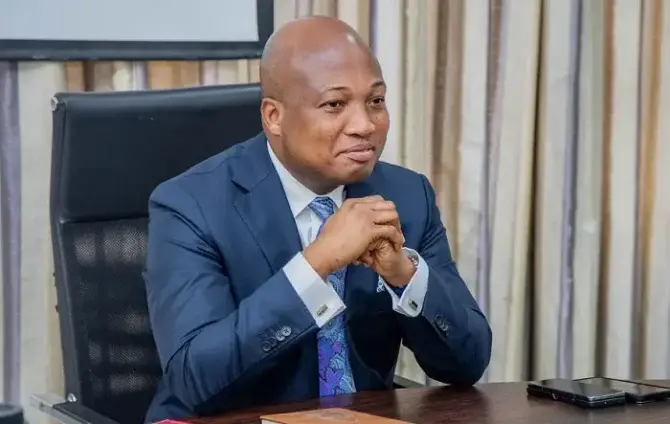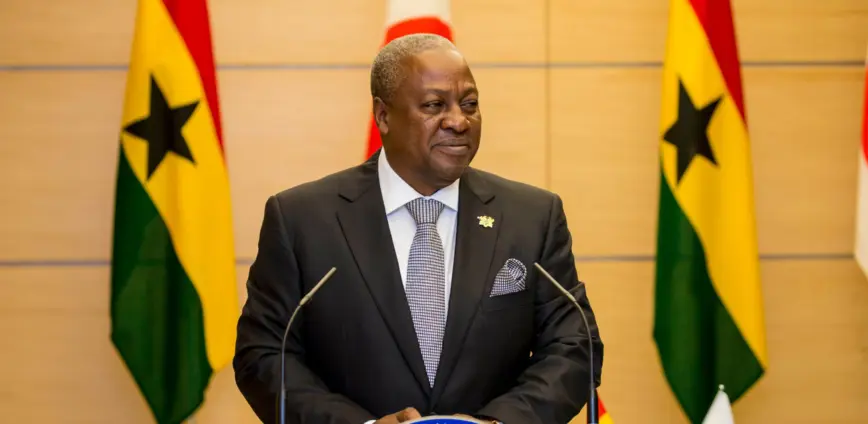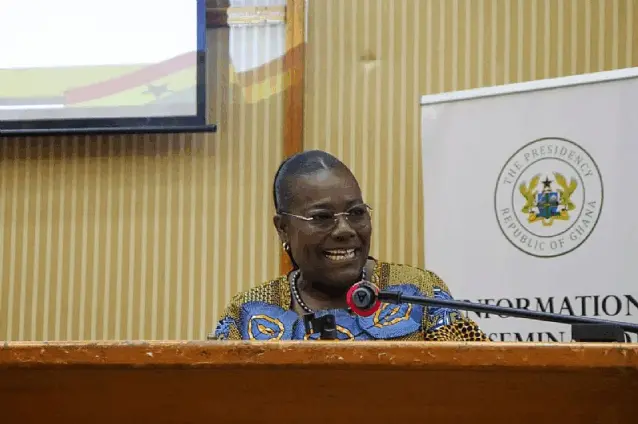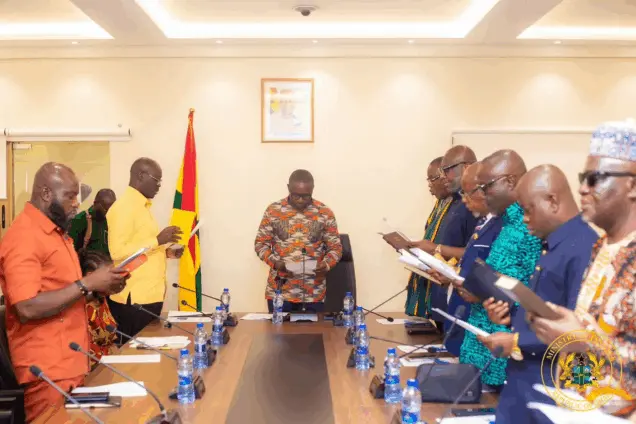“Ablakwa Challenges NPP’s Visa Claim: You’re Wrong!” That was the headline as Samuel Okudzeto Ablakwa, the current Minister for Foreign Affairs, engaged in a public disagreement with Charles Owiredu, the former Deputy Foreign Minister, over the efficiency of Ghana’s visa processing system. At the heart of the dispute lies a fundamental question: How long does it actually take to get a Ghana visa? The contrasting claims highlight a political battleground concerning government service delivery and prompt a closer examination of the facts.
Ablakwa asserts that recent reforms have drastically reduced **Ghana Visa Processing Time** to a mere 2-5 days, a claim Owiredu vehemently disputes, arguing that such efficiency was already standard practice under the previous NPP administration. The debate raises critical questions about transparency, accountability, and the real-world experiences of visa applicants.
Ablakwa has publicly announced a new processing window of 2-5 days for Ghana visas, attributing this improvement to reforms implemented by the current administration. This promise of swifter service aims to modernize and streamline the visa application process, potentially benefiting tourists, business travelers, and members of the Ghanaian diaspora seeking to visit home.
In a direct challenge to his predecessor’s claims, Ablakwa took to X (formerly Twitter), stating: “Honourable former Deputy Minister, you know you are absolutely wrong on this.” This firm rebuttal underscores the political stakes involved, as both parties vie to claim credit for improvements in government services. Ablakwa’s approach appears to be data-driven, with the Minister highlighting information available on various embassy websites to substantiate his claims.
The Ministry, it seems, is keen on backing its initiatives with empirical data, marking a potential shift towards greater transparency and accountability in public service delivery.
Owiredu contends that a 2-5 day processing time for Ghana visas was already the norm during the NPP’s tenure. This counter-claim directly challenges the narrative of significant improvement under the current administration, instead suggesting continuity in efficient service delivery.
However, it remains unclear whether Owiredu has presented concrete evidence to support his assertion. Differing interpretations of available data, or a lack thereof, could further complicate the issue. Without verifiable data, it becomes challenging to determine the accuracy of either side’s claims.
Ablakwa has pointed to specific embassy websites, including those in Washington D.C., New York, Germany, and the UK, to support his claims regarding **Ghana Visa Processing Time**. He cited instances during the NPP era where processing times reportedly ranged from 15-20 days, or even three weeks.
“These are just a few websites exposing your misleading presentation,” Ablakwa stated, directly accusing Owiredu of misrepresenting the facts. The discrepancy highlights the need for a thorough and impartial examination of the available evidence.
Given the conflicting claims, independent verification of the data is crucial. Further research could involve examining archived website data or gathering testimonials from visa applicants who experienced the process under both administrations. A direct comparison of visa processing times across different embassies and administrations would greatly enhance clarity.
This public exchange underscores the increasing politicization of service delivery records. The battle over **Ghana Visa Processing Time** reflects a broader competition between political parties to demonstrate competence and responsiveness to citizens’ needs.
Ultimately, the outcome of this debate will likely influence public trust and perceptions of government accountability. If Ablakwa’s reforms are as effective as claimed, this would likely bolster the administration’s approval rating. Conversely, should Owiredu’s assertions prove accurate, questions may arise regarding the current government’s claims of improvement.
Ablakwa’s reforms are being positioned as a hallmark of the current administration’s commitment to better service. The continuous improvement and transparency in visa processing are essential for attracting tourists, investors, and maintaining positive international relations.
The dispute between Ablakwa and Owiredu highlights the importance of factual accuracy and transparency in discussions surrounding **Ghana Visa Processing Time**. While the political motivations behind their claims may be debated, the need for reliable information remains paramount.
Ultimately, the potential impact of these reforms on visa applicants and Ghana’s international relations underscores the significance of efficient and transparent visa processing procedures. Staying informed about future updates is essential for anyone planning to travel to Ghana.
Image Source: MYJOYONLINE






















